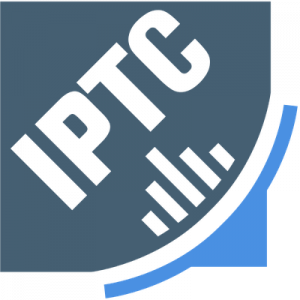The cookieless future is coming and it is going to have an enormous impact on how ads are delivered. Without cookies, advertisers will have to find new ways to target and deliver their messages. This could mean more personalization and relevance for users, but it also means a lot more work for marketers. As a result, in a worst-case scenario, your yield may go radically down. Get ready for the cookieless future!
Did you know, contextual targeting does not require third-party cookies as it does not target the user directly in any way. Apple’s Safari and Mozilla’s Firefox are already restricting the use of third-party cookies and Google will follow too (in some form).
This will disrupt the way brands target and retarget in display advertising. Third-party cookies, until now, have been the backbone of online advertising. As a mechanism to unify browsing behavior across multiple websites, they have powered much of the Adtech world. Adtech platforms using third-party cookies have been the primary way brands have been able to understand user behaviors, measure the performance of their campaigns, create relevant advertising audiences, and get more insight into the journeys their potential customers are making.
So, what is the alternative for advertisers to target audiences in the most efficient way in the cookieless future?
Contextual advertising is an initiative that needs to be explored. Contextual targeting is on the rise, that we know.
It is a fact that AI and algorithms are more advanced these days. And this is another strong reason contextual targeting is making a comeback. Today, the algorithms and AI are able not to just find placements, but really understand the meaning of the content and pages for the ad placement. It is not only about keywords anymore. Targeting consumers by content is a more privacy-friendly practice, and in the end, will be more effective than just bombarding website visitors with non-relevant ads.
Imagine having hundreds of thousands of articles or web pages and being able to exactly place ads that are related to the content on the page that the reader is reading. Not just keywords! If I am reading an article about winter destinations in North of Finland, there is a big probability that I would also be looking for warm clothes. Imagine how much more revenue will you add by serving ads in the right context.
Brand safety and contextual targeting, is that an issue?
You might think so. But what is the truth?
A few years back there might have been many awful situations from a brand perspective. For example, an airline might have been keen to place their ad in a news article about Nice. Nice is a beautiful city in southern France. But if you do not know if the article is about a horrific crime in Nice, it makes a significant difference if you want your ad to be seen with this article.
For contextual targeting and contextual advertising, keywords are not enough.
With the use of machine learning and artificial intelligence (AI), a more accurate understanding of content is possible.
As a result, brands can now target their audience with brand-safety according to their policies. Avoiding sensitive content that has the potential to embarrass them is possible today.
This is another reason we see growth in contextual targeting for display advertising.
While the future of UID 2.0 and other alternative solutions remains uncertain due to the nature of the identifier created from a user’s email address or phone number. Investing in solutions like contextual targeting, which are unlikely to face massive technological upheaval and disruption in the coming years, maybe a stronger bet. Also, if having both, one could have profoundly good cookieless segmentation!
While cookie-based approaches display ads based on the user’s browsing history, contextual advertising is based on the actual content and context that the user is viewing.
“Marketing is one of the areas of business operations where it is widely predicted that artificial intelligence (AI) will drive enormous change. In fact, a McKinsey study found that, along with sales, it is the single business function where it will have the most monetary impact. This means that if you are a marketer and you are not using AI, you are missing the benefits of what is the most transformational technology.” this is a quote by Bernard Marr, and for sure believe that now is the time act.





